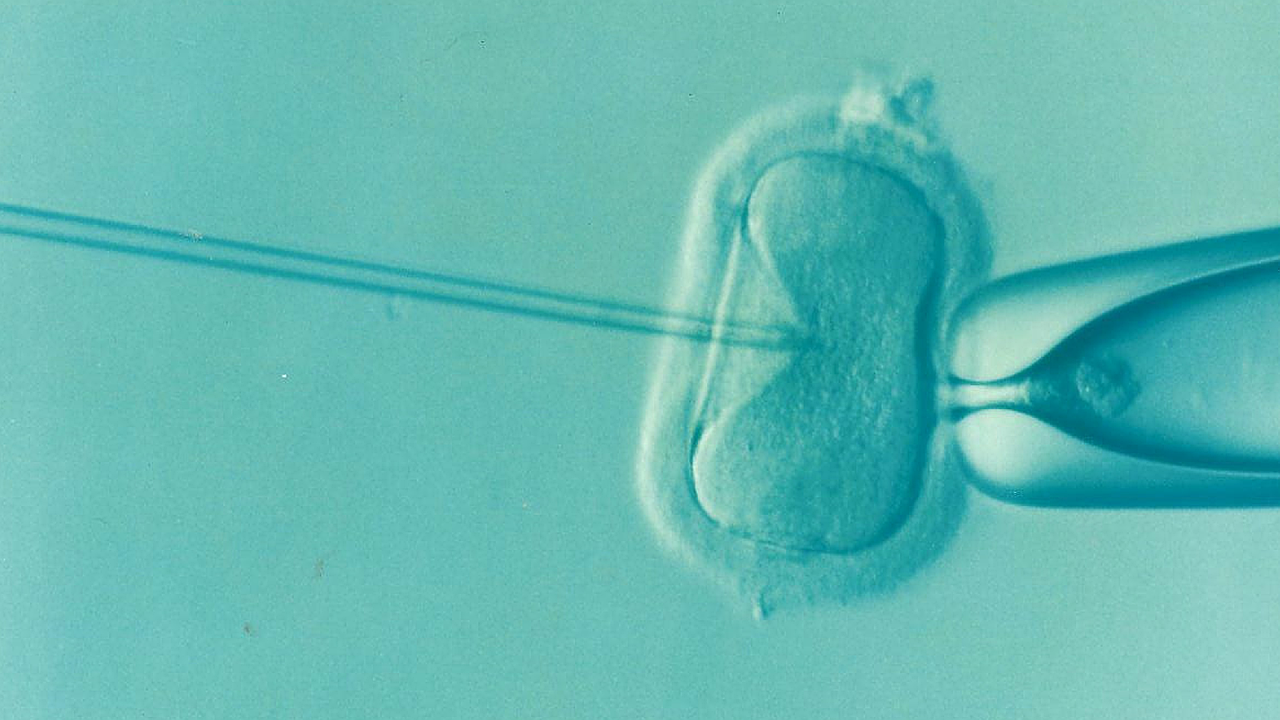News release
From:
1. History of parental infertility associated with small increased risk for birth defects among children conceived through fertility treatment
Experts urge informed decision-making when choosing a reproductive technology
A study of more than 850,000 children born in Australia found that parental infertility may be a factor for a small increased risk of birth defects in children conceived through fertility treatment. The authors also found that the use of intracytoplasmic sperm injection (ICSI) was associated with an increased risk for major genitourinary abnormalities. However, the authors caution that the overall increase in the relative risks is small. The study is published in Annals of Internal Medicine.
Many children are conceived through assisted reproductive technology (ART) cycles each year. Previous research has shown that children born from ART have a 25 to 50 percent increased risk for congenital abnormalities, particularly cardiac and genitourinary anomalies. However, it is unclear how much of this risk can be attributed to parental infertility problems compared to ART treatment.
Researchers from University of New South Wales, Sydney, Australia, conducted propensity score–weighted population-based cohort study of 851,984 infants born between 2009 and 2017 in New South Wales, Australia. The authors found that there were approximately 40 additional cases of any major congenital abnormality per 10,000 singleton ART births compared to singletons conceived naturally to parents without prior infertility problems. This risk became insignificant when ART-conceived children were compared to children conceived naturally to parents with a history of infertility. The authors say that these findings suggest that parental infertility may partly explain the increase in risk seen in ART-conceived children. The authors also found that ICSI treatment was a risk factor for genitourinary anomalies, even in couples without male infertility. They note that these findings strongly suggest that ICSI represents an independent risk factor for congenital abnormalities and should be reserved for patients with male infertility



 Australia; NSW; SA
Australia; NSW; SA



